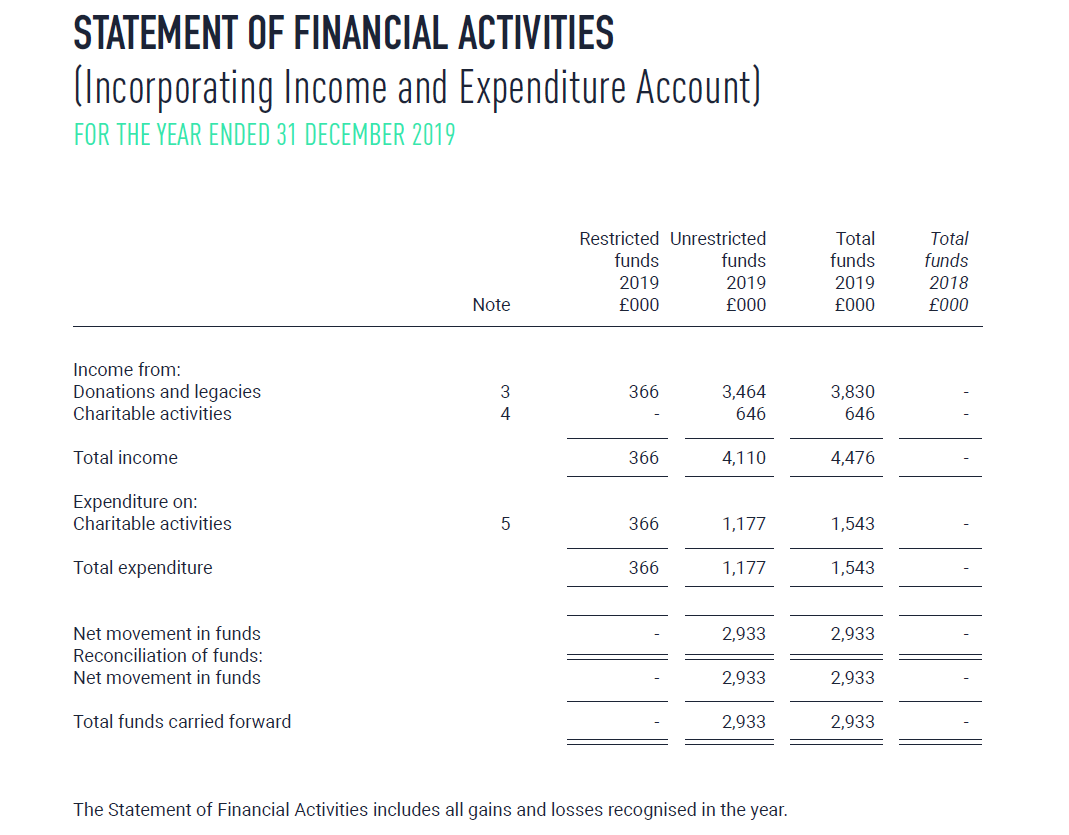START NETWORK
ANNUAL REPORT 2019
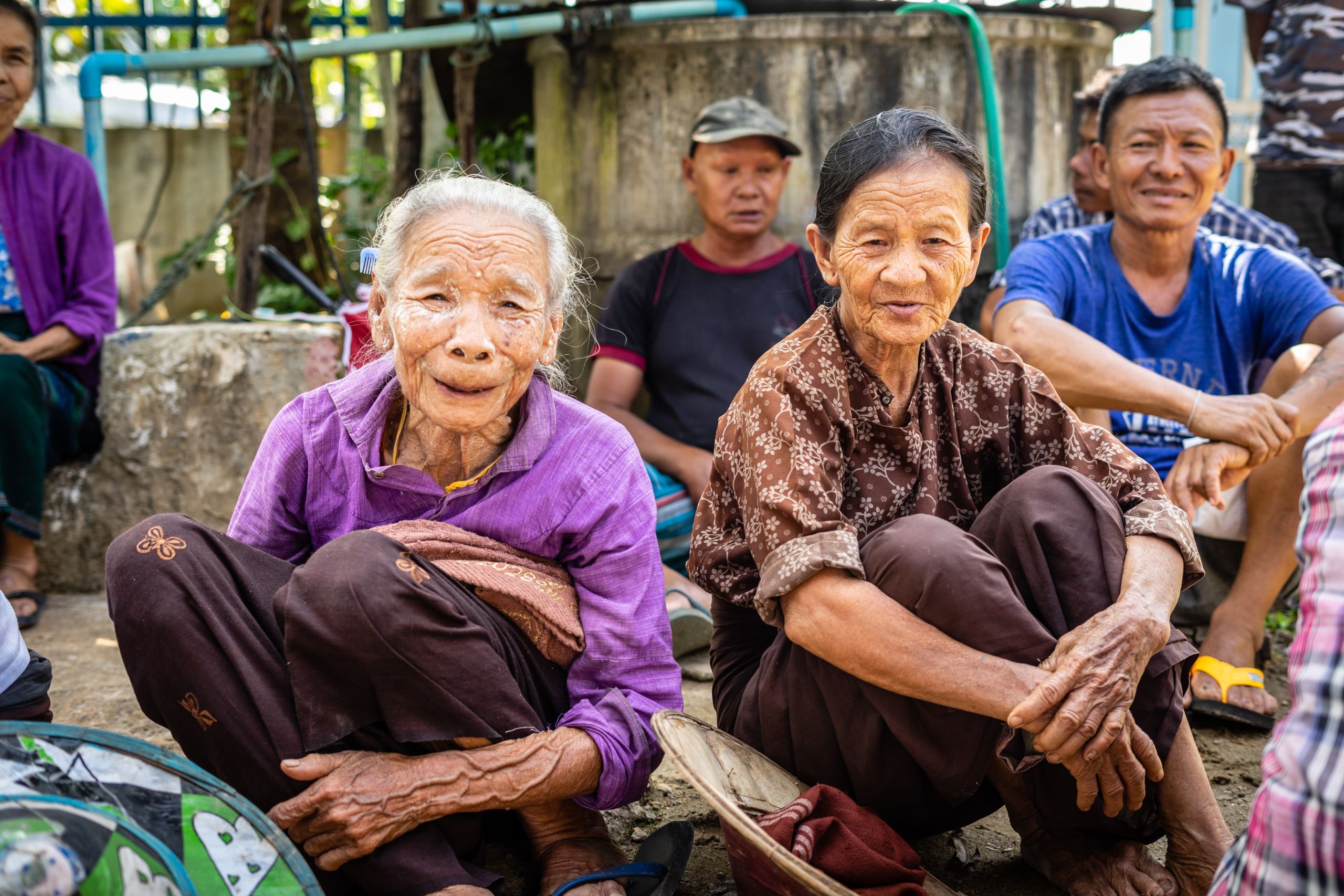
From the Leadership Team
We both joined Start Network in September 2019, drawn by the momentum around its agenda for change, and excited by shaping an ambitious, newly independent humanitarian network. Since joining Start Network, as newcomers to the organisation, we have felt both concern and promise in equal parts.
Concern because, in 2019, we saw the devastating
effects of multiple disasters, more than half of
which could have been predicted and their effects
avoided. Concern also about the marked increase
in the number of people driven from their homes
from the combined effects of conflict, disaster and
political inaction – now an estimated 272 million.
And concern that, in April 2020, we are only just
beginning to understand the impact of COVID-19 in
low-income countries.
But we also saw promise in that Start Network would tackle the complex problems of our sector through new thinking, new approaches and new coalitions. Indeed, looking back over 2019, Start Network’s achievements were impressive:
We defied slow and reactive funding. In February we received the 300th alert to our global rapid response Start Fund.
In August we announced a $10 million payout for the drought insurance we purchased through ARC Replica in Senegal and began working with our members to plan for drought mitigation activities there.
We channelled funding directly to local organisations. Start Fund Bangladesh channelled 55% of its funds to local NGOs during the year. In August, we completed the design of our new tiered due diligence process, and by year end had pledges from three current donors for direct funding to our smaller, local members.
We co-created community-based innovations with close to 100 local teams through our DEPP Innovations Labs. Many have secured additional funding, partnerships or clients.
We diversified our donorship, through a new grant to the Start Fund from our first private funder, the IKEA Foundation.
We took a giant leap toward realising our localisation ambitions by launching five new civil society hubs in the Democratic Republic of Congo, Guatemala, India, the Pacific and Pakistan.
We implemented a new leadership model with joint CEO and CFOO responsibility for delivering strategic and financial results, while maintaining transparent and compliant operations and risk management.
On 1 May 2019, we became an independent charity: a membership of humanitarian aid organisations that is mission-led and results-driven; one that measures success by the strength of its network and its ability to deliver positive change for those vulnerable to and affected by crisis. Looking ahead, we are excited about 2020, a year that also marks Start Network’s tenth anniversary.
We look forward to making progress on our ambitious agenda for systems change. We applaud the Start Network team, membership and Board of Trustees, who worked tirelessly toward all that we achieved in 2019, with special thanks to Board Chair, Christof Maetze and Vice-Chair Bob Ruxton, for leading our spin-off and to Catherine Sneath for acting as Interim CEO from July to September 2019. Finally, we thank Sean Lowrie, Start Network’s founder and Director until June 2019, whose vision and leadership has inspired what this ambitious and dynamic, organisation has become.
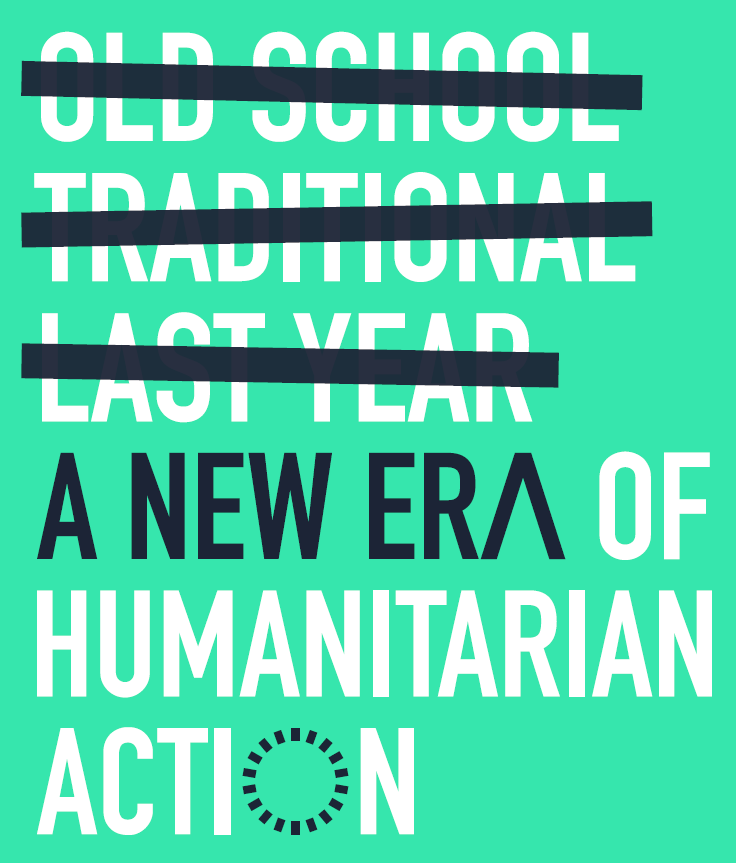
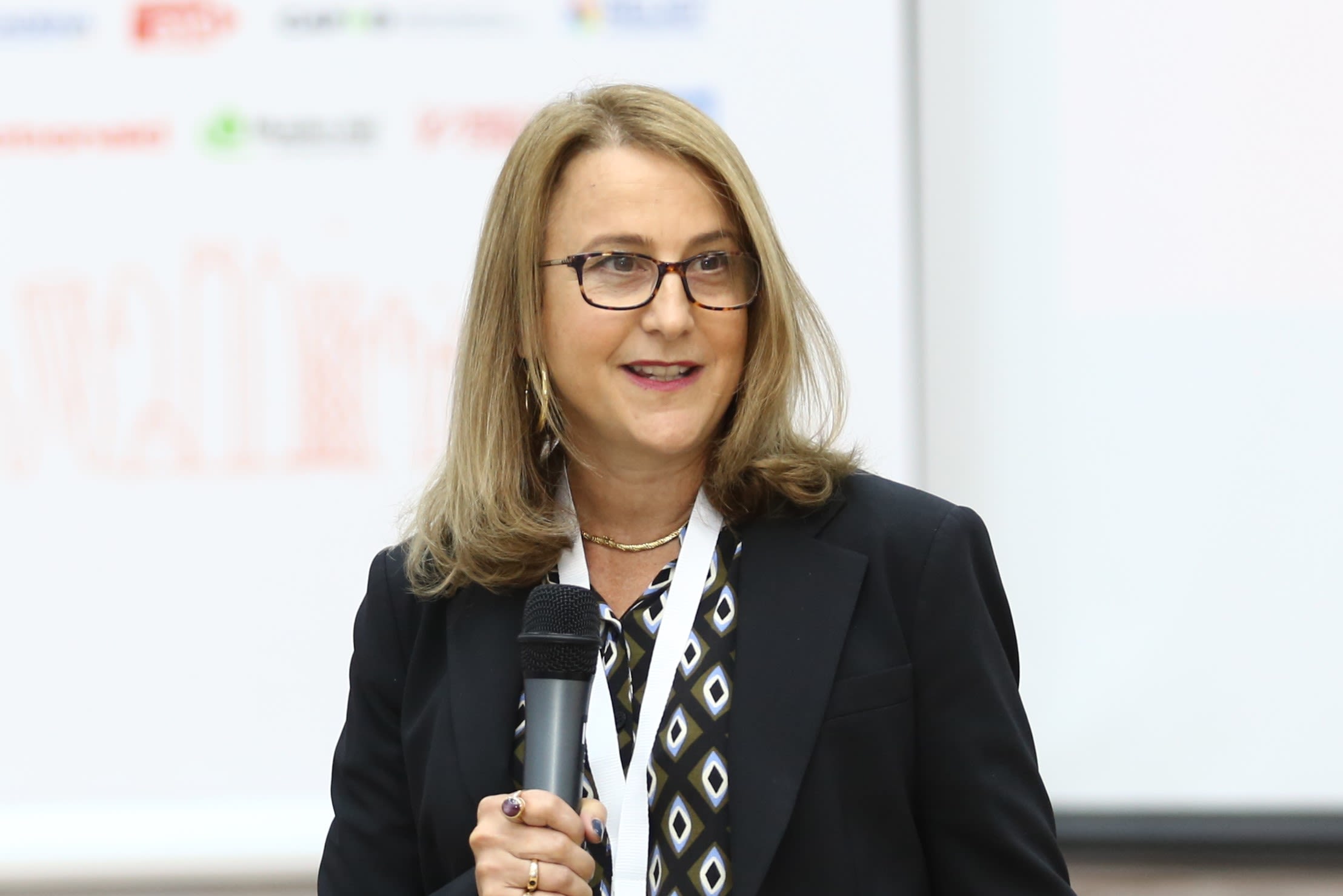
Christina Bennett, CEO
Christina Bennett, CEO
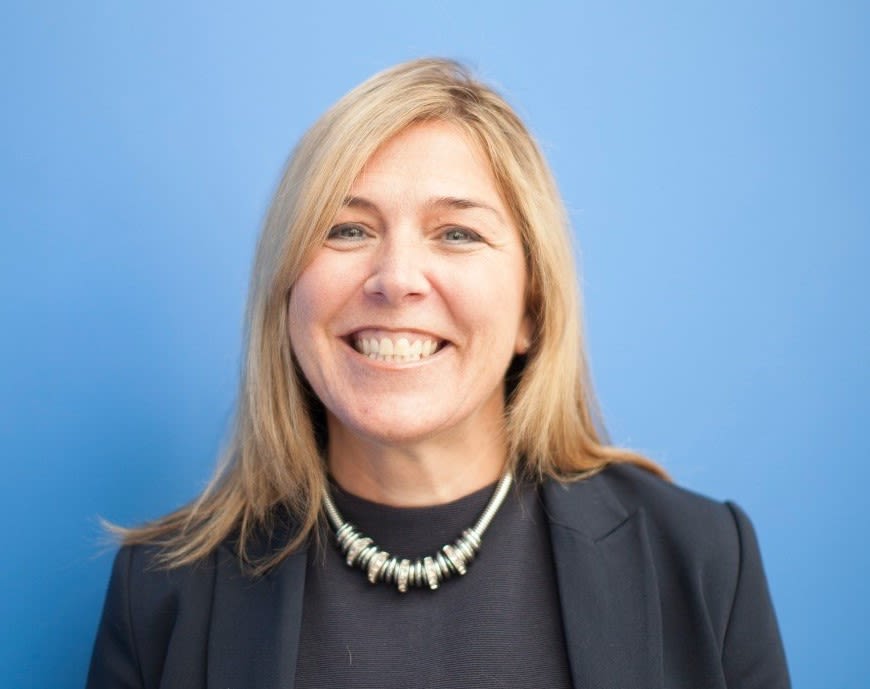
Suzanne Lyne, CFOO
Suzanne Lyne, CFOO
THE CASE FOR CHANGE
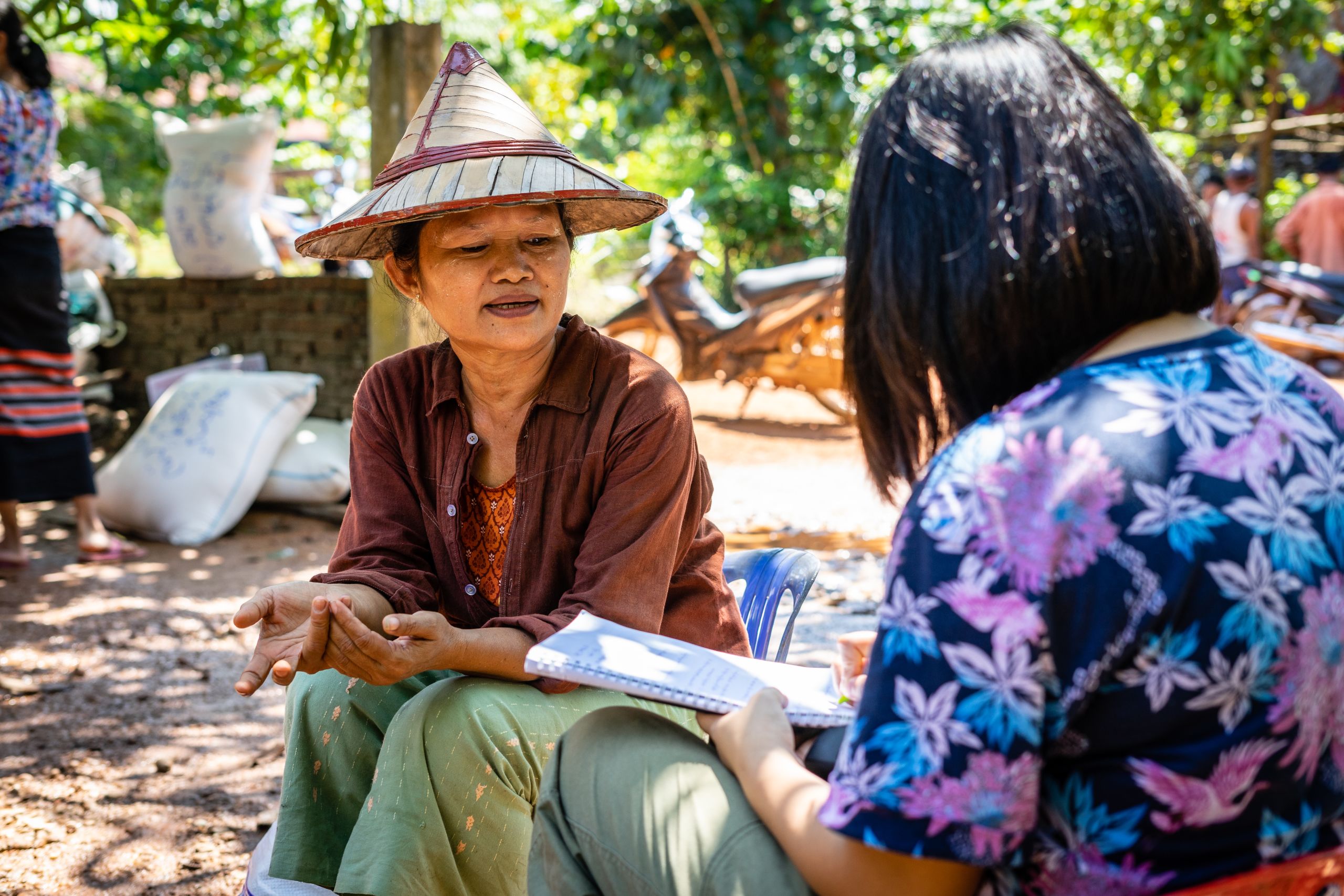
THE CASE FOR CHANGE
At the end of 2019, more than 200 million people required life-saving assistance. Climate change is increasing the frequency and scale of disasters; conflict is driving people away from their homes to seek refuge and a better way of life.
The COVID-19 pandemic will put additional people at risk, not only as a deadly virus but also for its secondary effects, including food insecurity, disease and malnutrition as well as sexual and other forms of violence. All these factors increase the need for new ways to reduce the human impact of emergencies.
However, humanitarian action remains slow, inadequate, beholden to political interests and out of touch with the actual needs of people on the ground. Too much power is held by a handful of international interests, and often to the exclusion of local organisations who lack direct access to funding, decision making and representation in global forums. The system’s resistance to change means that millions of people are without help when they need it most, and communities are finding it harder to recover and to protect themselves for the future.
Humanitarian action needs radical change. Start Network aims to demonstrate what the next generation of humanitarian action could and should look like: proactive, innovative and locally owned.
PUBLIC BENEFIT
The Trustees have had due regard to the Charity Commission’s guidance on public benefit when considering its activities and objectives. Our social intentions are to do no harm, operate efficiently and according to the law, and have a positive impact on society at large from the changes instigated by the work of the Start Network.
We hold a unique space that is not being fulfilled by anyone else and believe that the issues we are tackling in humanitarian action will ultimately lead to an improved humanitarian sector where the spend is more efficient and delivery is more effective.
We work internally, through our members, providing them with the resources to enable a higher quality of assistance to communities affected by crisis. We work externally, through our partnerships and advocacy, promoting best practices and system change in the humanitarian sector.
We benefit:
- our members, who become better at delivering assistance - more timely, more appropriate, more efficient and more collaborative.
- the wider humanitarian sector, which is exposed to our innovations such as anticipation, tiered due diligence and local decision-making and funding.
- crisis-affected communities, who receive higher quantity and quality of assistance.
- tax-payers and donors, who see their contributions managed in an efficient and transparent way.
START NETWORK'S VISION
Start Network’s vision is for a proactive, innovative and locally-owned humanitarian system in which people receive better quality humanitarian aid, maintain their dignity and are protected from suffering and harm. We aim to achieve this vision by changing the way humanitarian aid is approached and delivered locally and globally by:
- shifting humanitarian financing from a reactive to a proactive model;
- shifting power and decision-making to organisations and individuals operating closest to the frontline; and
- shifting the design and development of innovative solutions to humanitarian problems to communities themselves
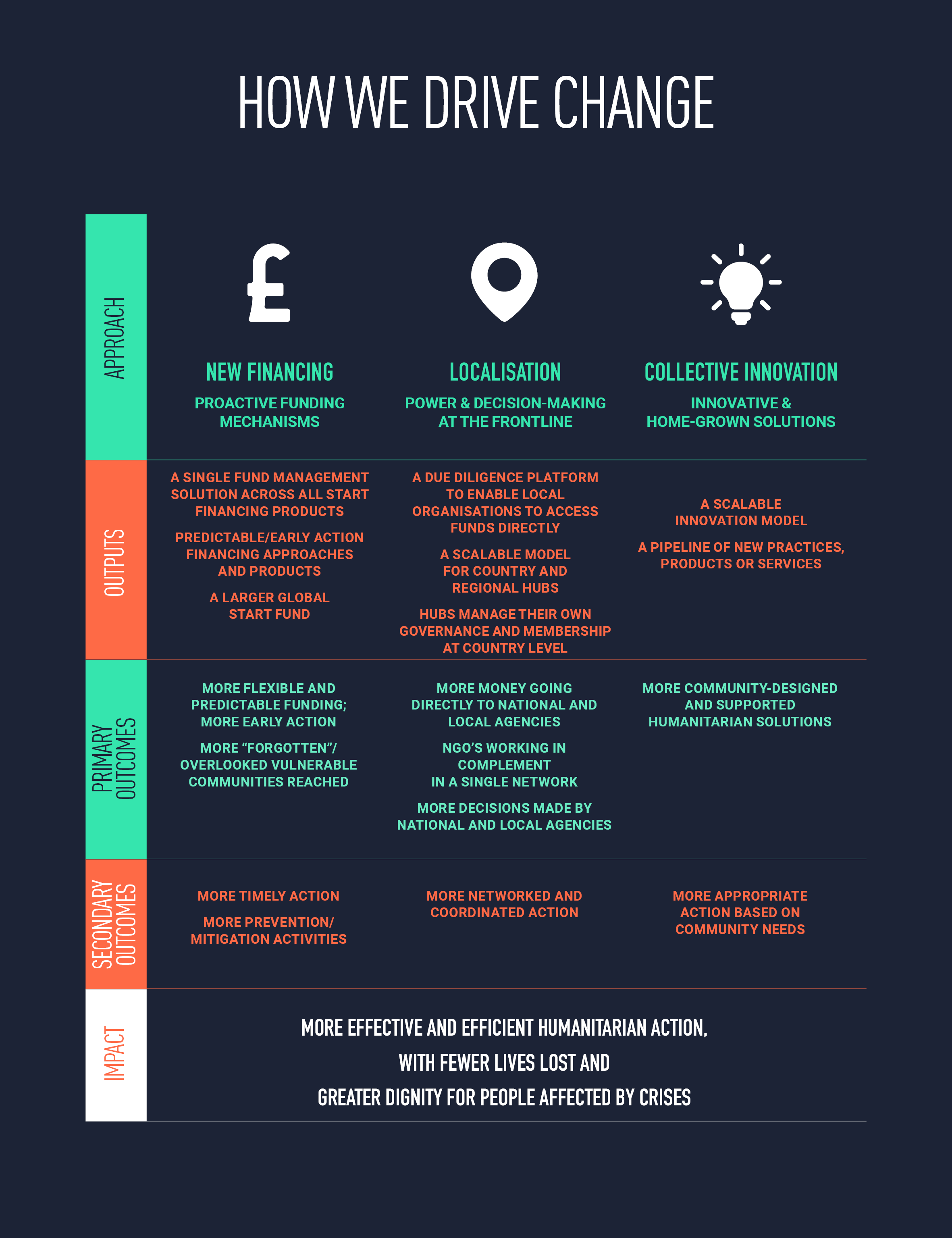

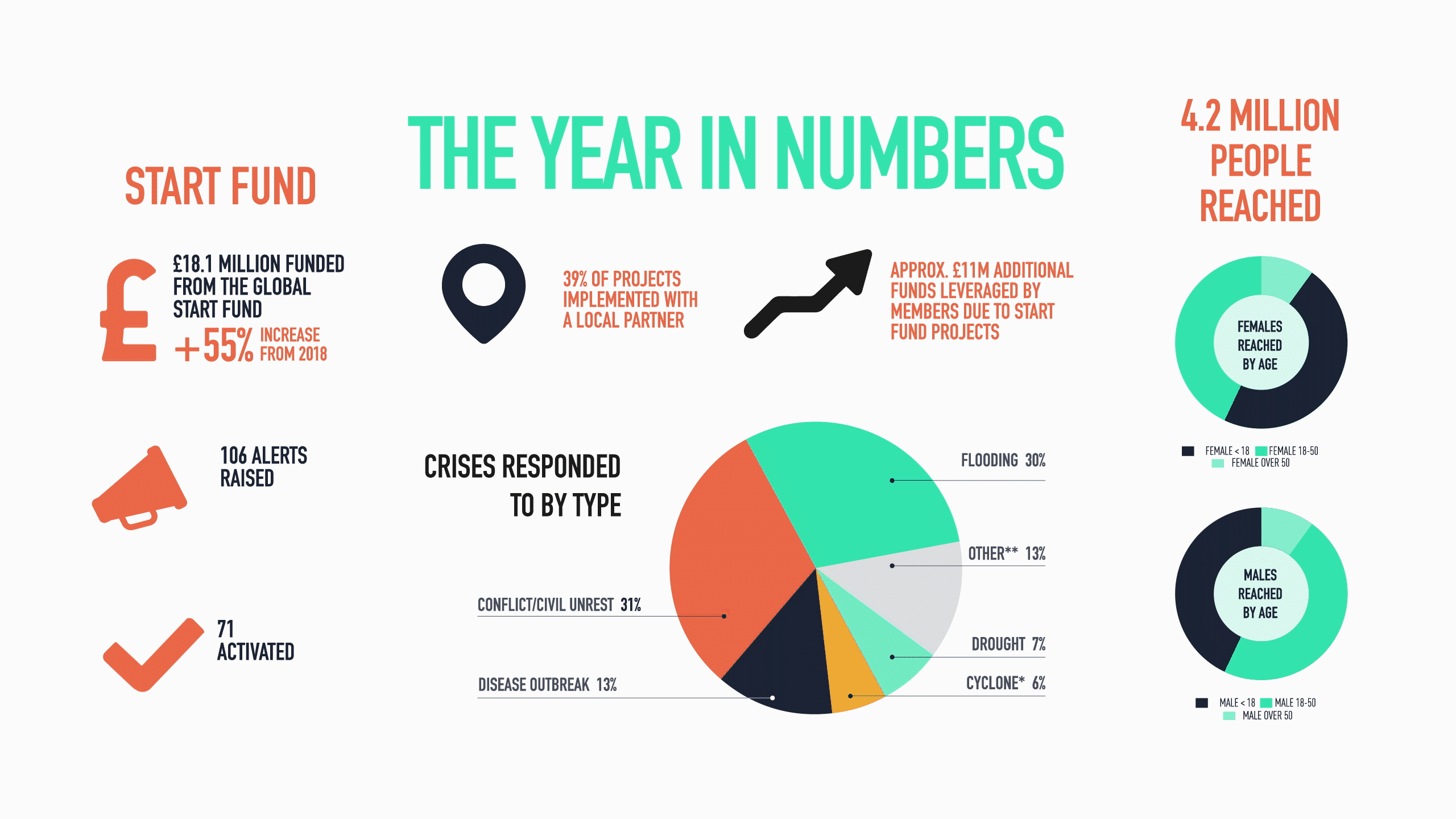
KEY ACHIEVEMENTS
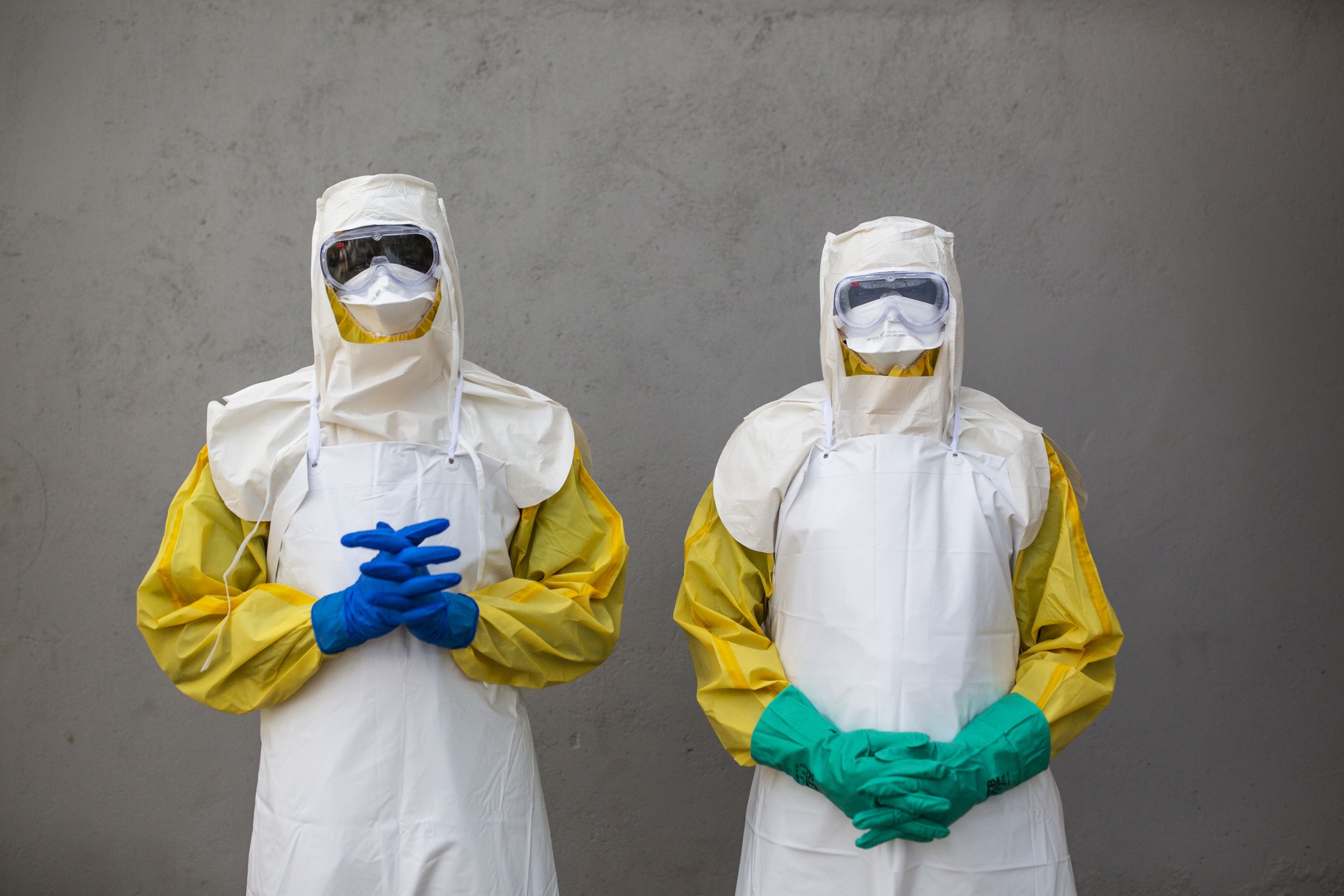
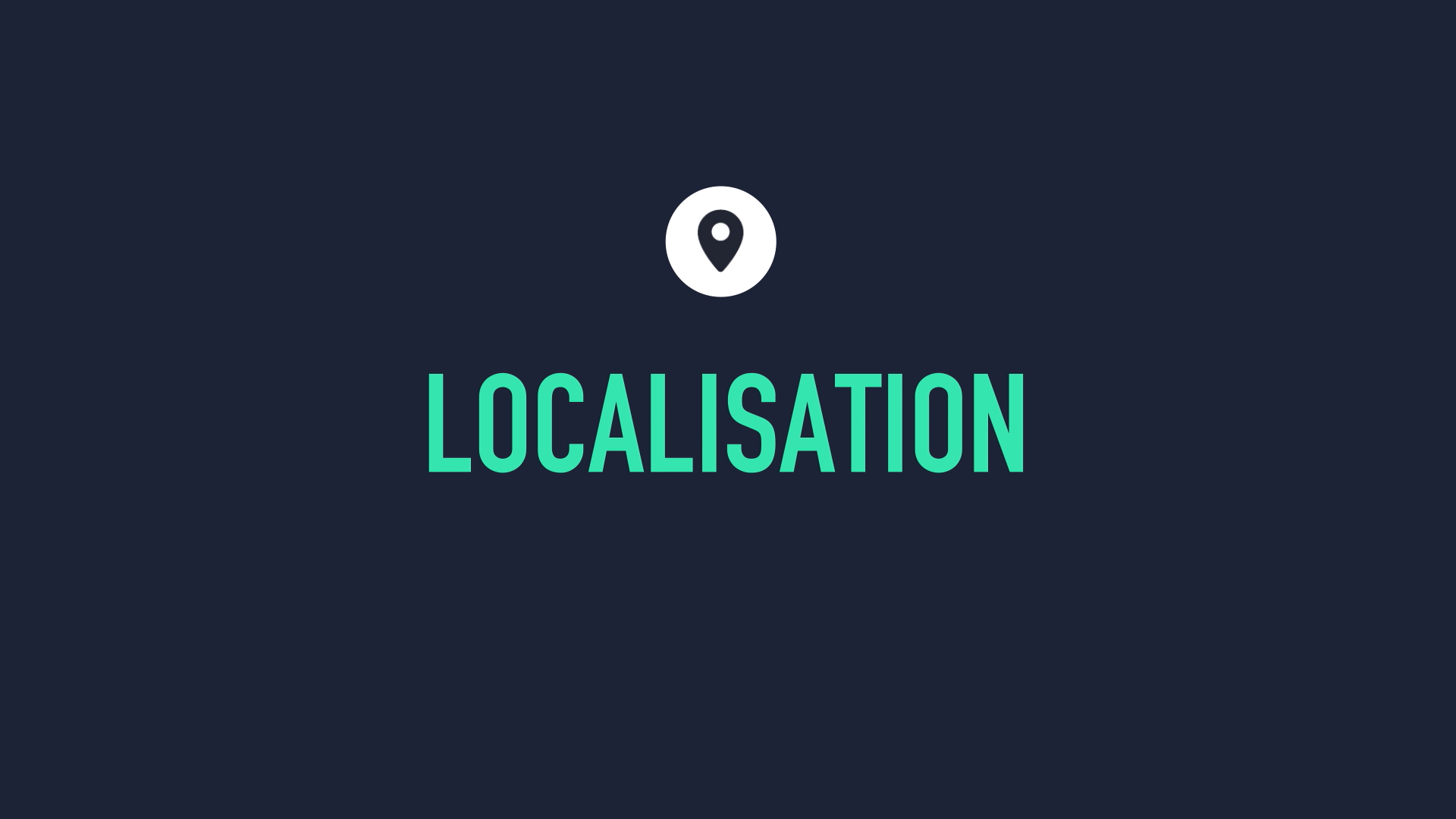
Localisation is a foundational and non-negotiable
principle within the Start Network. We aim to
create a more balanced humanitarian aid system
that shifts power, decision-making and funding
to those closest to the frontline and that is more
attuned to the needs of the people it serves.
In 2019, Start Network provisionally welcomed 12
new members, local and national organisations
operating in India, Pakistan and the Democratic
Republic of the Congo. Their membership will allow
them to participate in decisions both globally, about
the strategic direction of Start Network, and locally,
around the allocation of funds.
We launched an 18-month proof of concept
phase for five humanitarian hubs. These hubs, in
India, Pakistan, Democratic Republic of the Congo,
Guatemala and the Pacific region, will enable local
and national NGOs to access humanitarian funding,
capacity building and risk financing instruments.
This draws on our success in Bangladesh, where
a national Start Fund channelled more than £850
thousand to national and local NGOs in 2019.
Ultimately, hubs will lead the vision, activities and
membership of the future Start Network.
We also made progress on a new tiered due diligence process that will make it easier for local organisations to receive direct funding by adapting compliance requirements. We designed this framework in partnership with TechSoup, a non-profit social enterprise. This new process moves away from a ‘pass/fail’ model to a risk-based one that matches an organisation’s compliance profile to different tier thresholds. This allows different levels of access to Start Network resources and also enables a ‘passporting’ feature that reduces the need for repeated, costly due diligence testing.
EXTERNAL ENGAGEMENT
As part of its vision for system change, Start
Network also aims to demonstrate the potential
of more local, more direct humanitarian action.
In October 2019, we contributed to the global
discussion on localisation by presenting our
tiered due diligence framework at the Grand
Bargain Localisation Workstream Global Meeting
in Brussels, and at the World Humanitarian Action
Forum in Istanbul.
WHAT’S AHEAD IN 2020?
In 2020, Start Network will allocate seed money to each of our new hubs to support their development. This will include disaster risk financing in Pakistan. We will bring on new global members, enabling us to build influence and fundraising potential in key donor countries and deepen collaboration with existing partners. We will also implement our new tiered due diligence system, with an initial allocation of £300,000 via the Start Fund to tier 2 level organisations over a 12-month period. This will aim to increase the direct access that local actors have to international humanitarian funding, and is supported by Jersey Overseas Aid, Irish Aid and the Ministry of Foreign Affairs of the Government of the Netherlands.
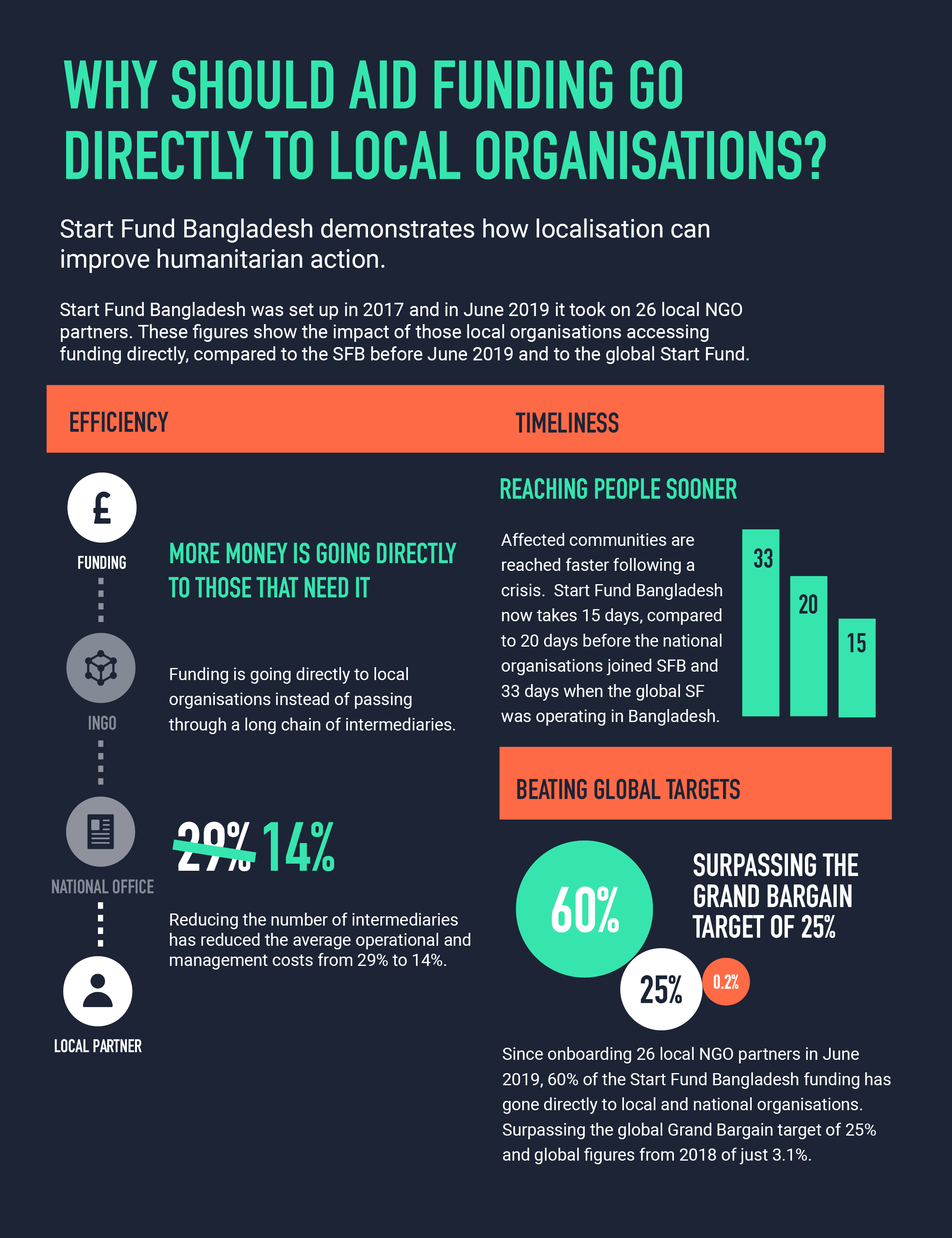
Start Fund Bangladesh
Start Fund Bangladesh
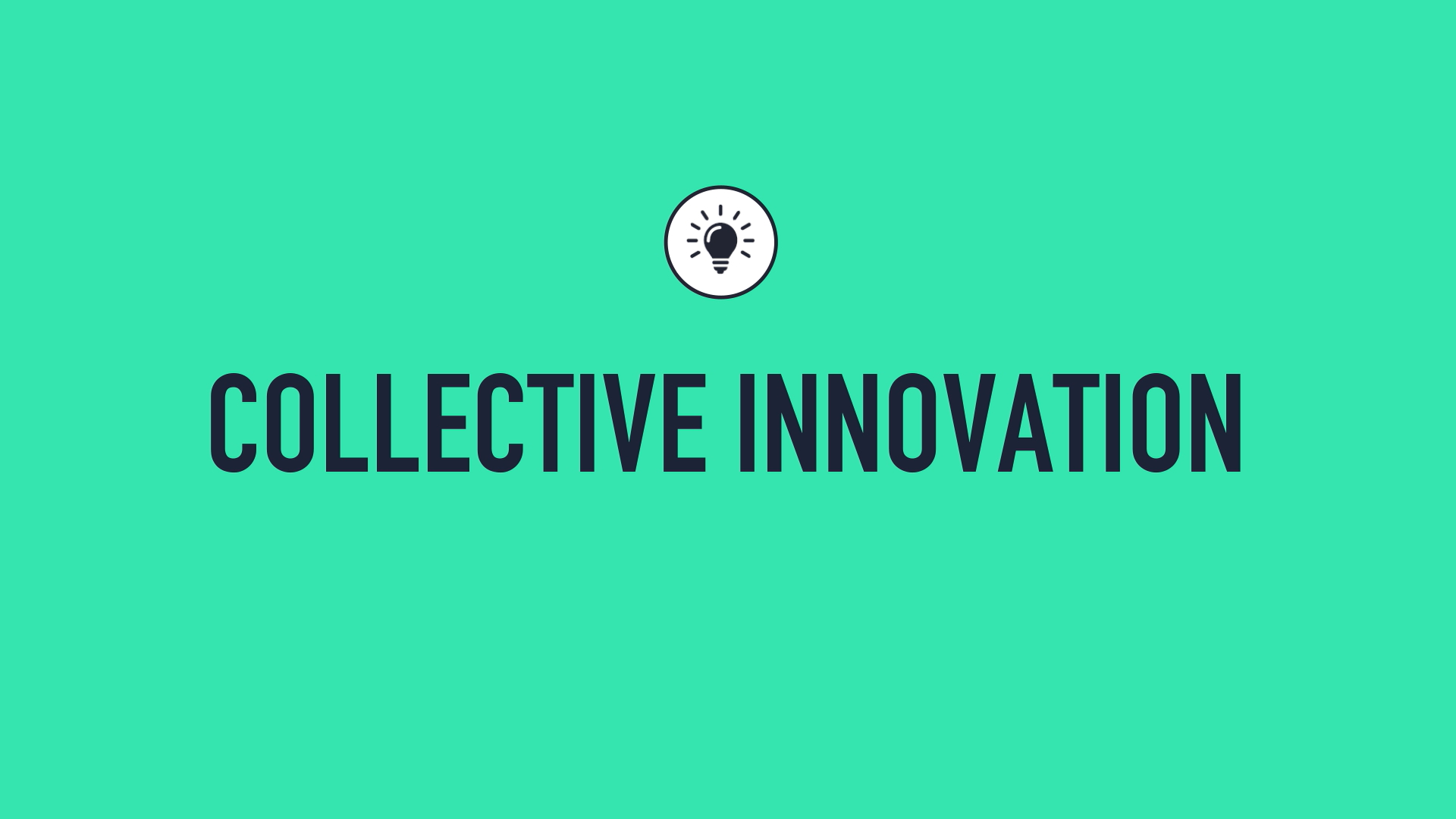
Start Network’s innovation work is designed to solve critical humanitarian problems, whether through innovation labs or designing radically new due diligence systems. Since launching our innovation labs, we have improved our understanding of what it means to:
- innovate safely: we developed a comprehensive safeguarding kit for humanitarian innovation so that new ways of working do not expose people to risk.
- innovate ethically: lab practitioners adapted innovation approaches to include a do no harm approach, building a deeper understanding of the human costs of success and failure in a humanitarian context and of the particular burden felt by social entrepreneurs.
- innovate sustainably: a core focus of the labs was creating pathways for innovations to sustain themselves through funding, partnerships and successful business models.
In 2019, Start Network completed the Disasters
and Emergencies Preparedness Programme
(DEPP) Innovation Labs programme. Run by
Start Network members and partners Plan
International, Adeso, The Dhaka Community
Hospital Trust and the International Rescue
Committee, along with many other collaborating
organisations, the programme supported close to 100 innovation teams in Kenya, Bangladesh,
Jordan and the Philippines. At the end of the DEPP
Labs programme, more than a third of these
innovation projects went on to find other forms of
investment or partnership (including, in a number
of cases, with local governments). We believe
this is because the relevance of the community identified
problems and solutions resonated
deeply with those potential partners.
EXTERNAL ENGAGEMENT
Twelve teams of DEPP Lab innovators presented
to an audience of potential investors and partners,
including NGOs, foundations, investment funds
and government donors, at the DEPP Innovation
day in May 2019.
Team Martha was selected to present its learning tool for deaf children at the international launch of UNOCHA’s Global Humanitarian Overview in December in London.
Many other innovators have won awards. For example, engineer Rey Ramos won the 2019 Global Young Water Fellowship, and was a finalist for the 2019 Manila Water Prize for his team’s Bottle-Net Life Jacket.
WHAT’S AHEAD IN 2020?
In 2020, we aim to further build our work with
community innovators, especially through the
Start Network hubs. This will include a new
three-year partnership with Elrha, supported
by the UK Department for International
Development (DFID), to develop a new cohort
of community-based innovators and to take
their ideas to the wider humanitarian sector. As
this programme develops, we will be looking to
initiate partnerships that can help take these
innovations to more communities. We are also
designing an ‘innovation challenge’ for our
members’ frontline staff, aimed at identifying
and supporting their pioneering ideas.
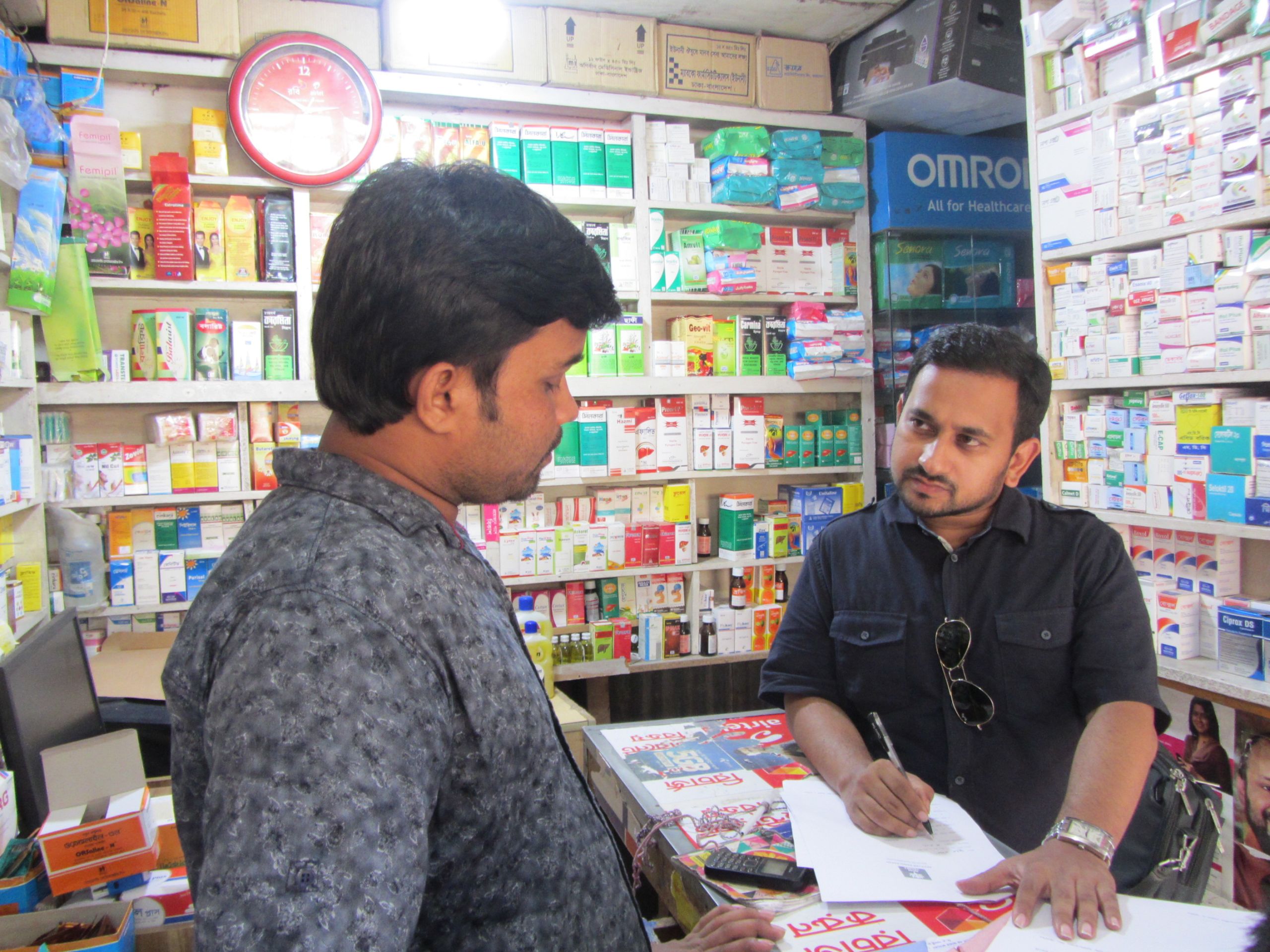
Pharmacy that provides training in Korail, one of the largest slums in Dhaka, Bangladesh © Dhaka Community Hospital Trust
Pharmacy that provides training in Korail, one of the largest slums in Dhaka, Bangladesh © Dhaka Community Hospital Trust
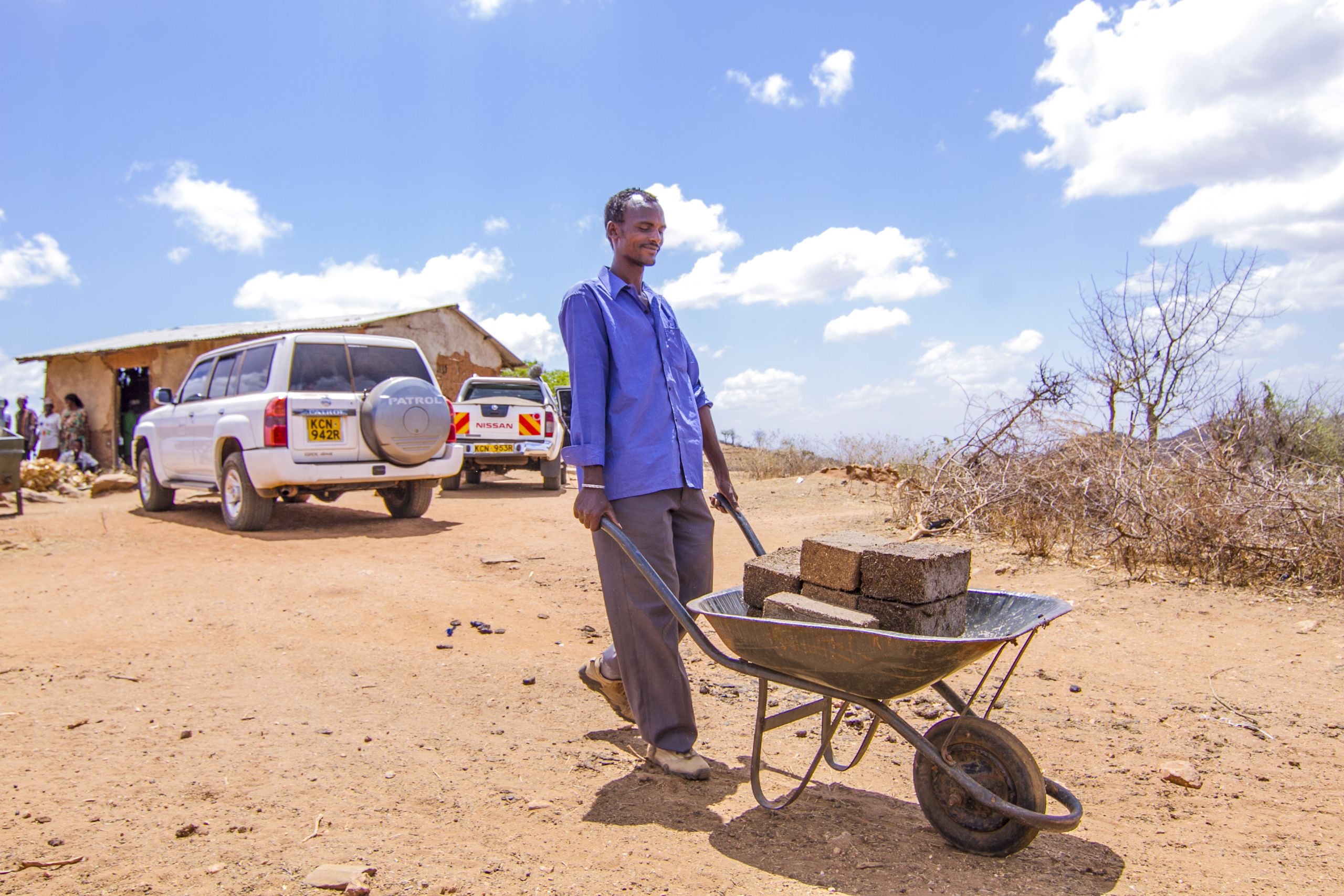
Kenyan farmer makes nutritious food bricks that can sustain livestock during droughts, DEPP Innovation Labs (c) Maarifa Kona Lab
Kenyan farmer makes nutritious food bricks that can sustain livestock during droughts, DEPP Innovation Labs (c) Maarifa Kona Lab
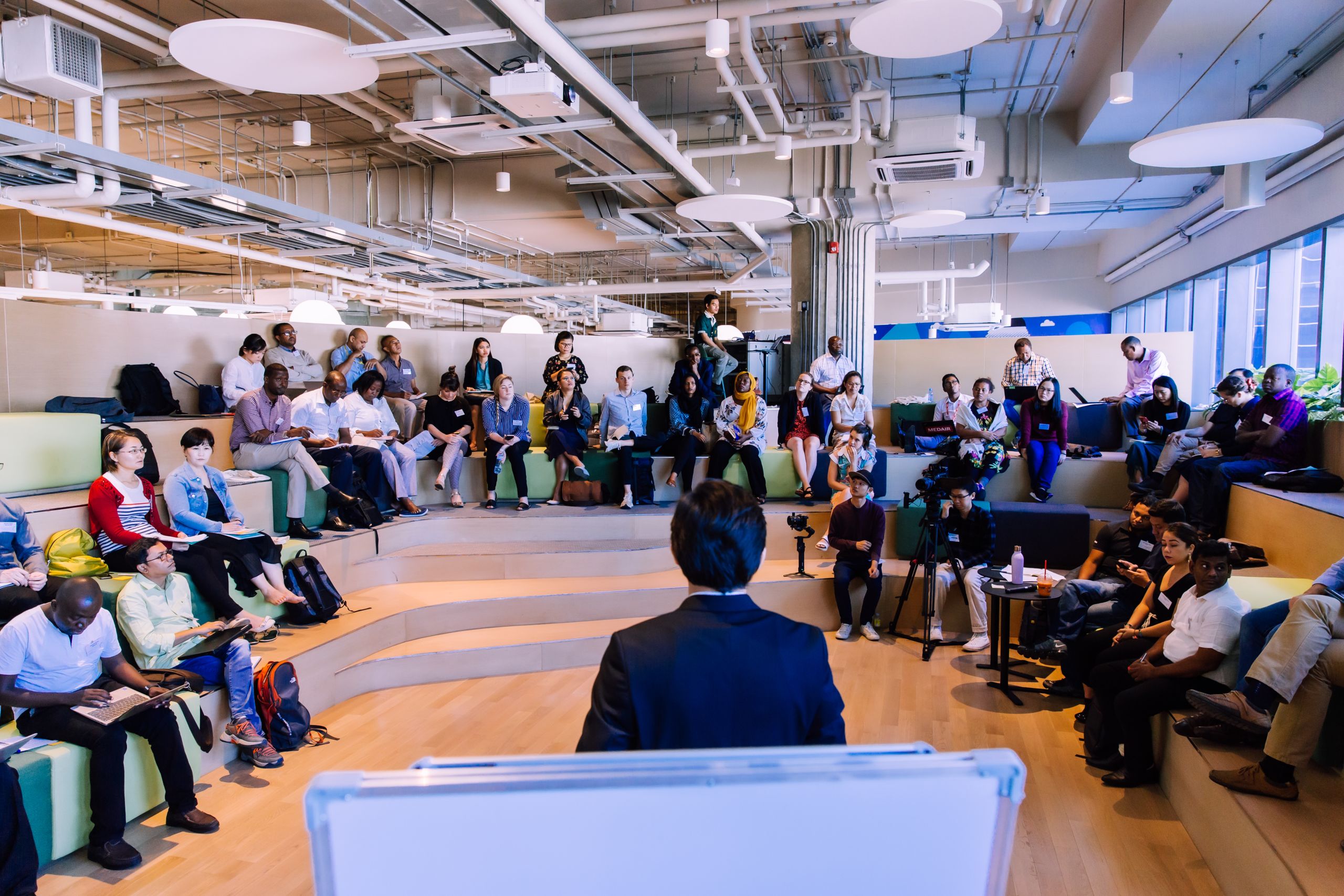
Start Network Anticipation Conference, Bangkok 2019
Start Network Anticipation Conference, Bangkok 2019
“The DEPP Labs programme
represented an ambitious attempt
to disrupt traditional approaches
to finding solutions to disaster
preparedness and resilience
challenges.”
DEPP programme evaluation, INTRAC, 2019
Innovators test an intelligent flood warning and monitoring system; DEPP Innovation Labs, TUKLAS Lab, Philippines. © TUKLAS Lab
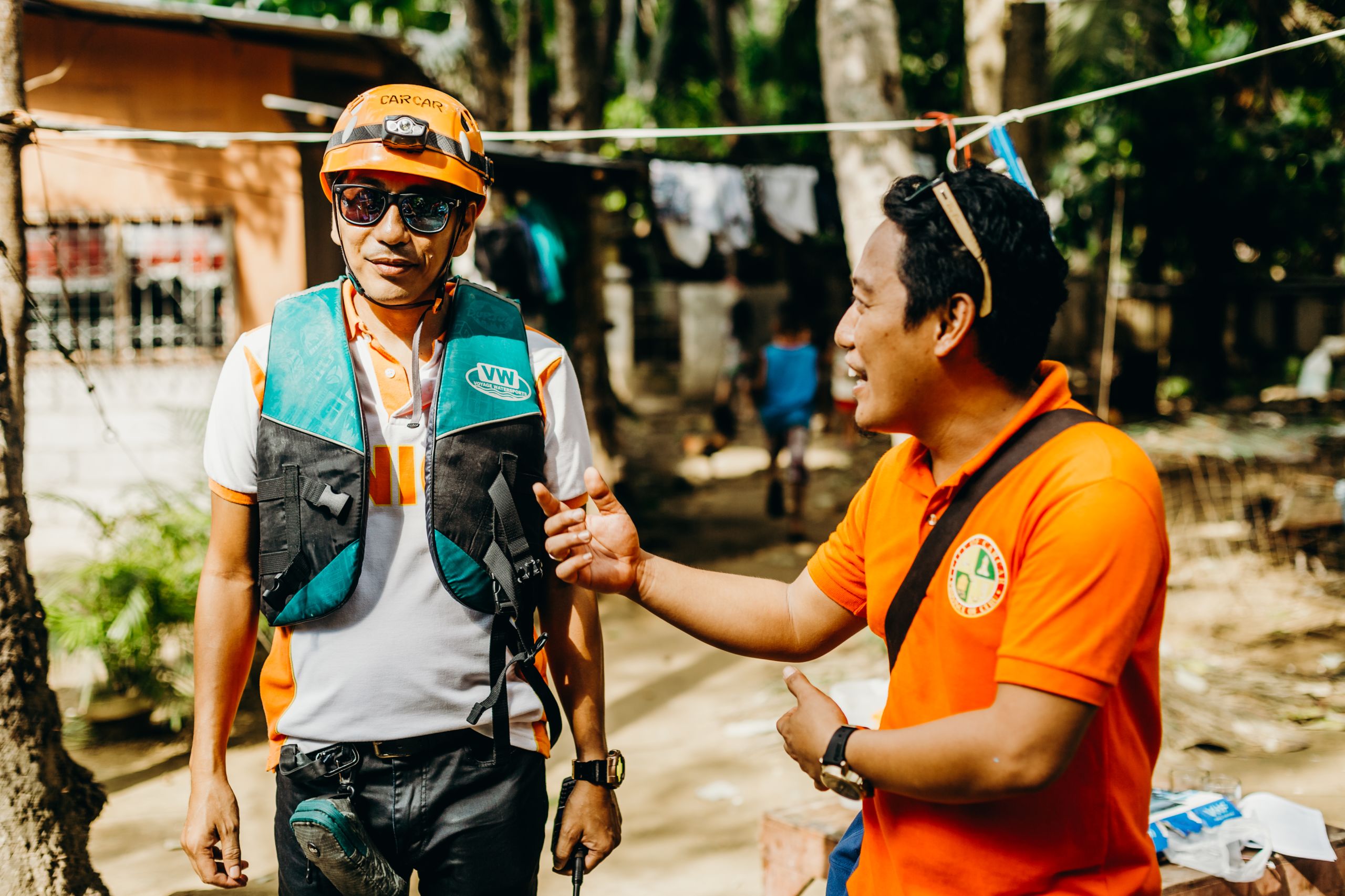
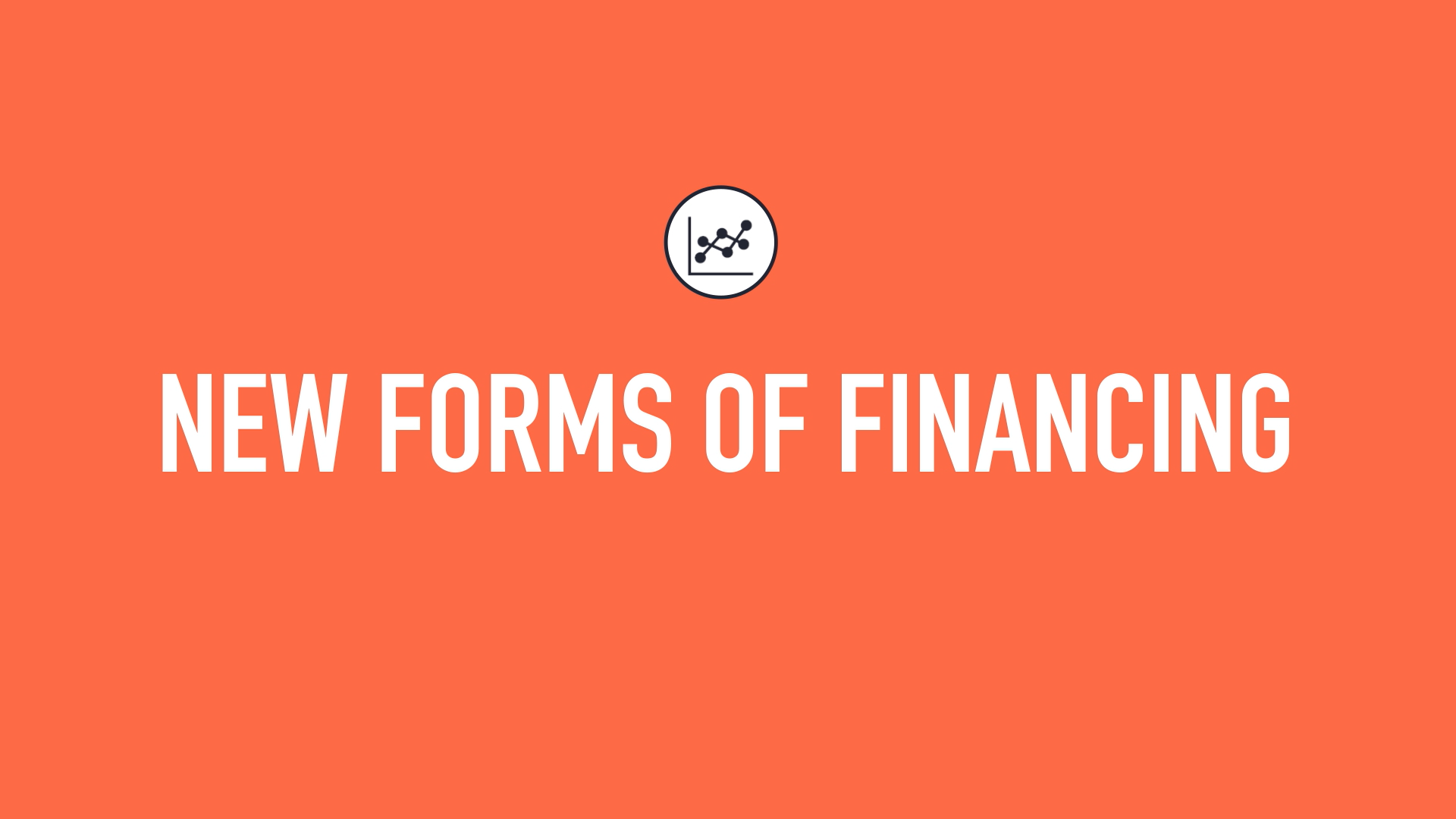
Start Funds
Start Network’s portfolio of pooled funds, available to local and international civil society organisations, continues to fill critical gaps in the global humanitarian response system.
Since 2014, our flagship global Start Fund has provided fast, flexible funding to support people affected by small-to-medium-scale crises, underfunded emergencies and spikes in chronic humanitarian crises.
In 2019, the Start Fund, supported by the governments of the United Kingdom, Ireland, the Netherlands, Germany and Jersey, and by the IKEA Foundation, funded £18.1 million to support responses in 37 countries, reaching 4,274,048 people.
The global Start Fund also operates as an important public good, favouring a member-led allocation process that encourages devolved decision making and collective action. Start Network’s members raise crisis alerts, and local selection committees identify who is best placed to respond and then decide on the allocation of funds. This compels organisations to set aside their individual, short-term interests and work together, quickly, to ensure the most efficient and effective response.
In 2019, we commissioned an independent evaluation of the Start Fund to assess its potential for scalability and growth. This concluded that the Start Fund is ripe for growth, seen by donors as complementing their primary funding streams and occupying an important niche (see page 22).
Start Fund Bangladesh, Start Network’s first national rapid response fund, is accessible to both national and international partner NGOs operating in Bangladesh, allowing them to respond early to under-the-radar emergencies. In 2019, Start Fund Bangladesh responded to nine crises. In doing so, it was able to allocate more than half of its funding directly to local and national NGOs, surpassing the Grand Bargain ambition to channel 25% of humanitarian funds ‘as directly as possible’ to local organisations.
Our Migration Emergency Response Fund (MERF) aims to address needs along migration routes across 11 countries in North, West, and Central Africa. In 2019, MERF activated alerts in Niger and Morocco (see page 21), funding £615,000 and reaching 30,979 affected people. It also funded two MERF Collaborative Information Collection and Analysis (CICA) grants in Tunisia and Mali.
MERF IN ACTION
Due to outbreaks of violence in North-West Nigeria, almost 20,000 Nigerian refugees, mostly women and children, arrived in the bordering Maradi region of Niger during the course of a few weeks in May 2019. In the absence of displacement sites or camps, refugees were staying with host families in Nigerian villages, but these villages already lacked access to basic services and were largely unprepared to cope with the large number of arrivals. Mercy Corps led a consortium with the Danish Refugee Council (DRC) and World Vision for a three-month project in the Maradi region which consisted of WaSH and protection activities, as well as the distribution of non-food items and shelter materials.
“Because of the MERF, the Mercy Corps - DRC - World Vision consortium was one of the first responses in Maradi for Nigerian refugees in Niger, after the World Food Programme.”
Photo credit: 1. A woman and her baby with the help they received following a fire in Dhaka’s Vasantek slum, Bangladesh, Start Fund Bangladesh alert B-09 © Concern Worldwide 2. © Cadena 2019
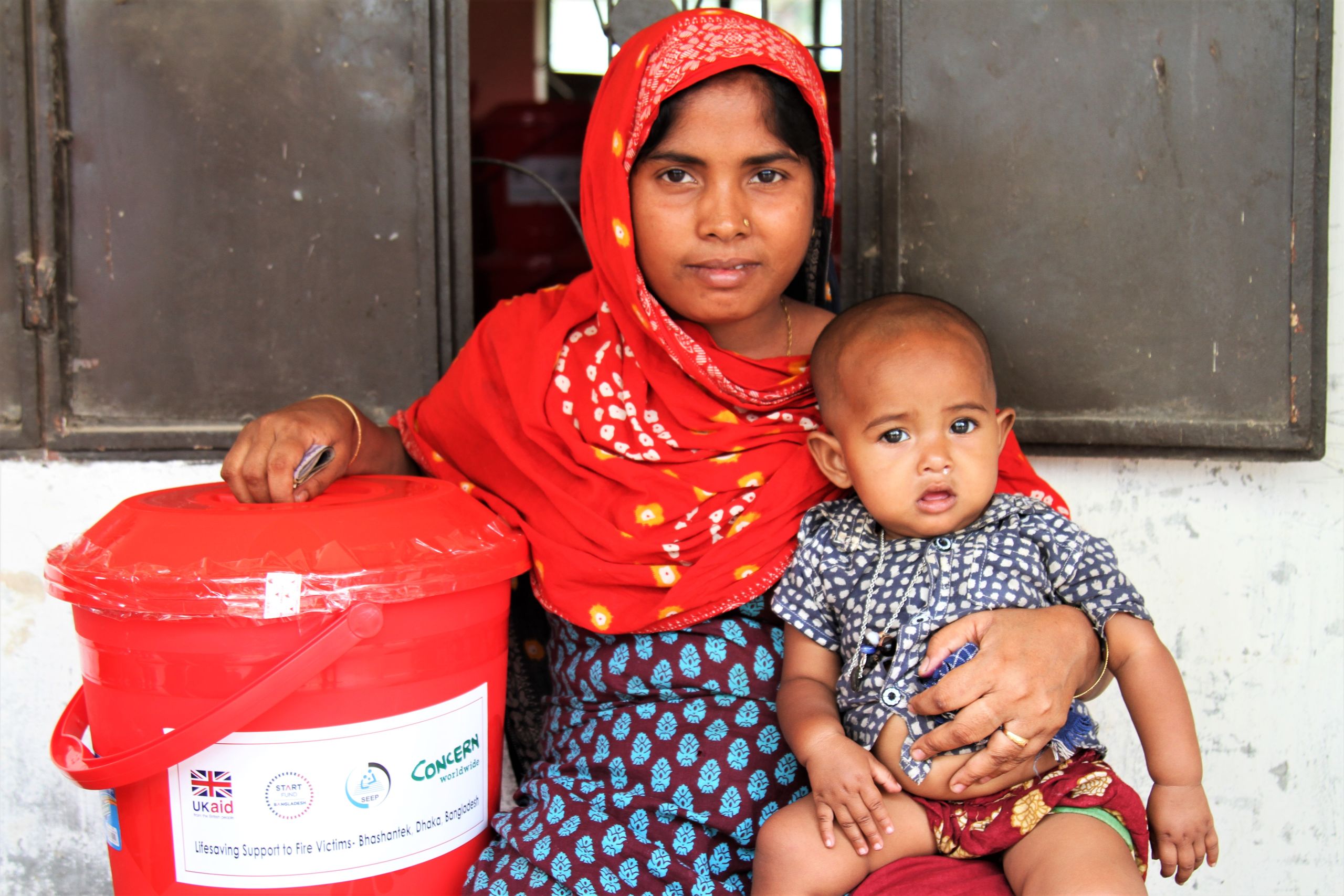
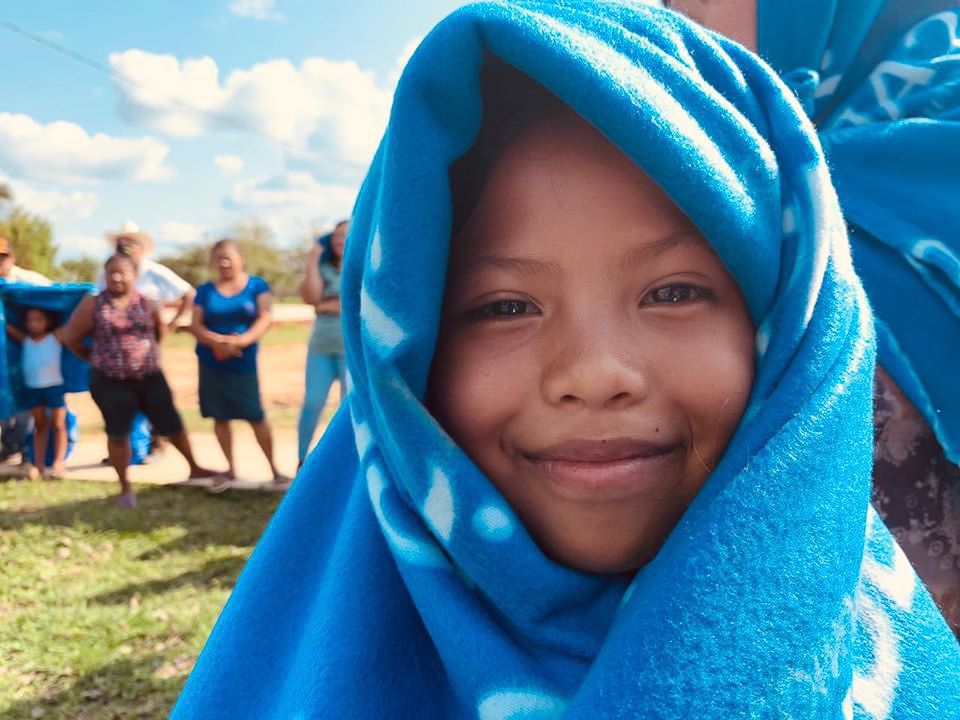
CRISIS ANTICIPATION AND RISK FINANCING
Start Network aims to shift the humanitarian sector’s reactive approach to crises through early and anticipatory humanitarian action to minimise the risks of disasters on vulnerable people. We use scientific data to quantify the risks of disasters, prepare activities in advance of crises, and ensure that money is pre-positioned to fund these activities when a crisis is predicted.
In 2019, the Start Network worked to support members in forecasting escalating or emerging crises and in accessing early funding.
- The global Start Fund allocated ‘anticipation’ funding for ten crisis alerts to mitigate the impact of crises such as disease outbreak, flooding and post-election violence.
- Start Network worked with one of its members, Welthungerhilfe, to develop risk financing programmes to pre-position financing for drought response in Senegal and Madagascar.
- In Senegal, the Start Network received a $10 million insurance payout to support communities threatened by recurrent droughts. This was the largest ever insurance payout to civil society for early action.
“[Start Network] brings expertise in anticipation, localised early warning and a huge network of members to help REAP ensure the voices of the poorest are heard in global early action policy and practice.”
Dr Jonathan Stone, Risk-informed Early Action Partnership
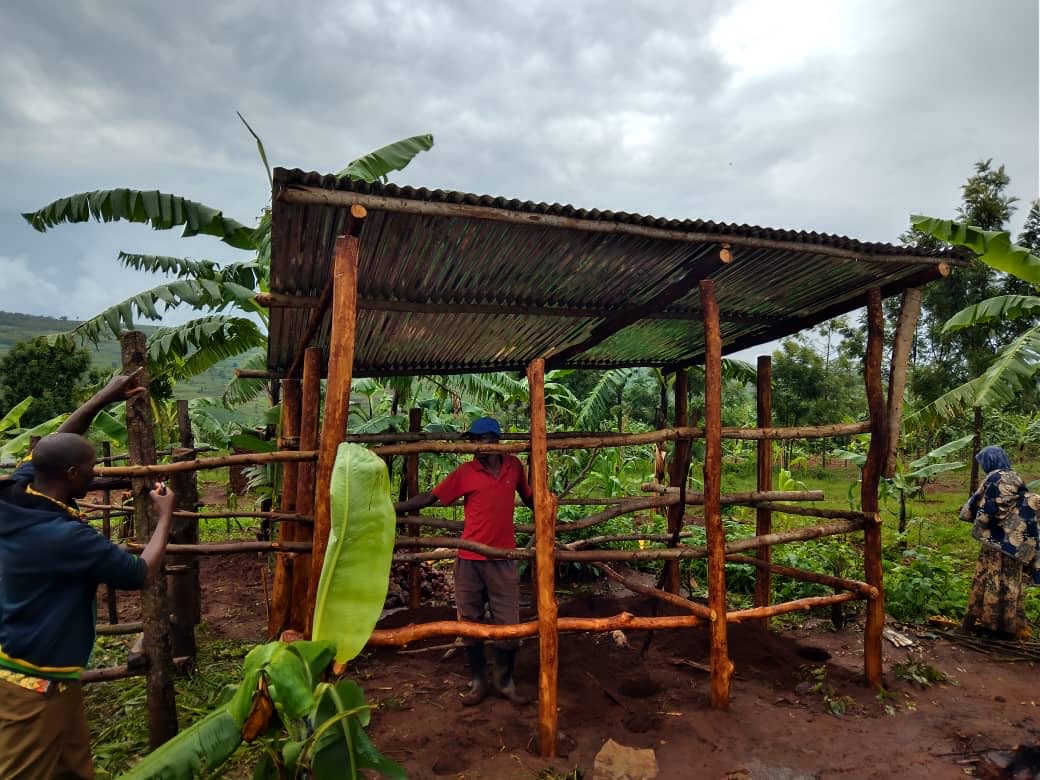
ENABLERS
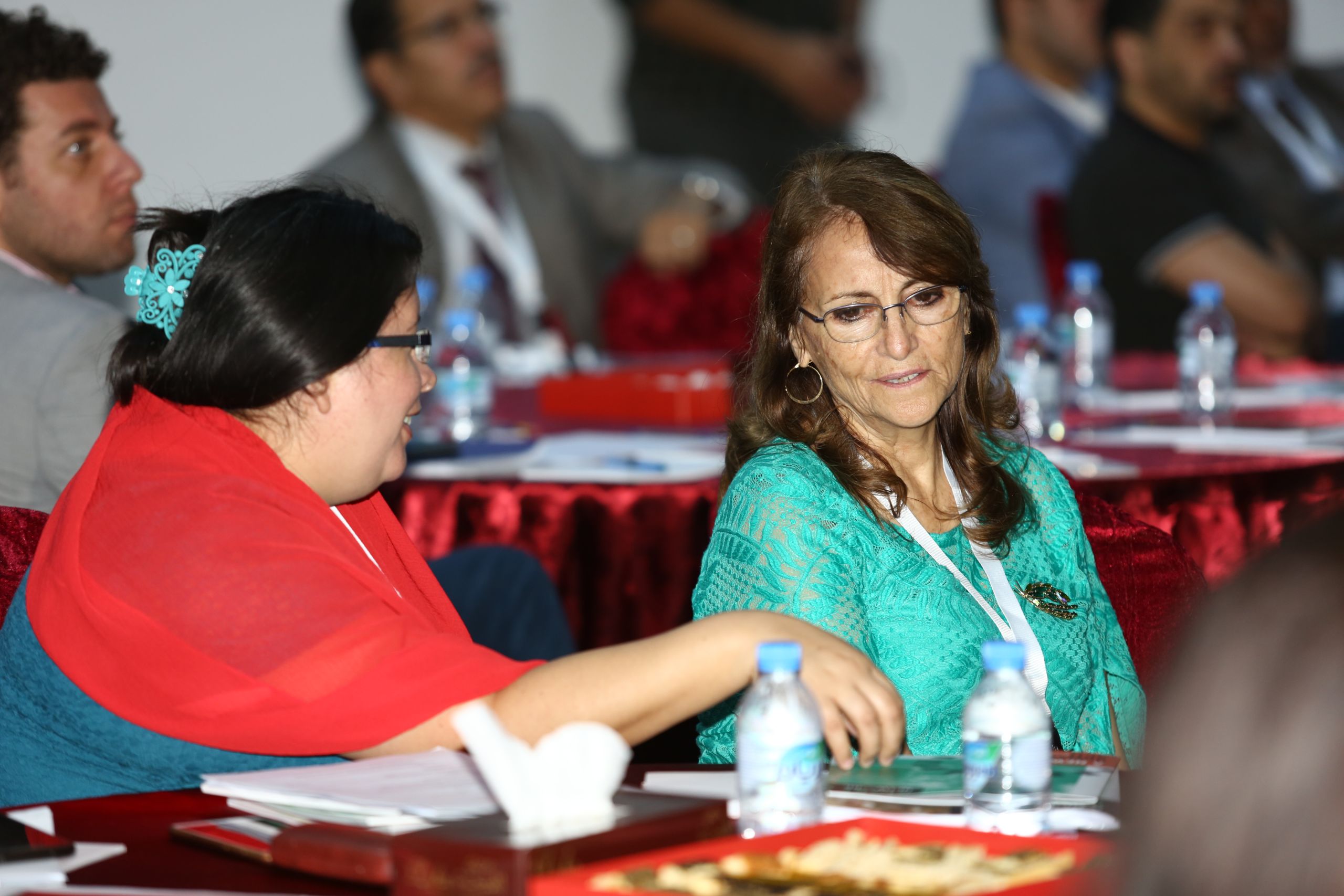
MEMBERSHIP
Start Network members are our key asset and the foundation upon which we will evolve to achieve our collective vision. By engaging with our members, we seek to understand their objectives, help them to access Start Network resources, and challenge them to change the way they deliver humanitarian aid.
In 2019 we ran our first-ever decentralised member intake process, forming membership committees in Pakistan, India and the Democratic Republic of the Congo with the delegated power to set tailored membership criteria in line with our core principles and identify 12 national and local NGOs to join the network. These new members will become part of the infrastructure that will enable Start Network to evolve and decentralise through the hubs in the future.
In 2020 we will focus on expanding our membership and deepening members’ engagement in Start Network activities. New local members will join through Start Network hubs, and we will bring on several global members. We will broaden participation in Start Fund alerts, webinars and risk financing programmes. We will also position our members to conduct outreach, fundraising and advocacy on behalf of Start Network.
FUNDRAISING AND DONOR SUPPORT
The assurance of adequate and sustainable funding is fundamental to our success. We would not be able to achieve our aims without the generosity and support of our funders, who not only sustain our initiatives financially but buy into our ambition to work differently.
We aim for a diversity of donors – working with government development agencies, the private sector, and charitable trusts and foundations from around the world who wish to be partners in our change-making ambitions. In 2019, we received our first multi-year core funding grant from a governmental donor, the Netherlands. The IKEA Foundation also provided support for the Start Fund for the first time, committing to two years of funding.
In 2020, we will initiate support to the hubs in developing their own fundraising strategies and resource mobilisation activities.
COMMUNICATIONS, ADVOCACY AND LEARNING
As an organisation dedicated to systems change, our ability to communicate, learn and influence the sector is critical to our success. We aim to grow our influence by building the reputation of Start Network as a public good, a key influencer and an agent for change.
In 2019, Start Network embarked on a refresh of its brand to better align its external positioning with its vision and values. We grew communications capacity at the national level. We expanded the digital platform that connects our members from across the globe, more than doubling the number of users and more local and thematic groups were created. We saw an increase in social media engagement of 190% across Facebook, Twitter and LinkedIn between Q1 and Q4.
As a change organisation, learning underpins everything we do. We gather information on our learning through stakeholder surveys, programme evaluations (internal and external), research projects and programme-specific learning grants and reporting mechanisms. In 2019, we learned the Start Fund is influencing the speed at which our members are able to make decisions and reach communities affected by crises.
We are strengthening our external relationships and advocacy, and fostering members’ and partners’ engagement in and promotion of Start Network’s work. In 2019 we learned that the Start Network positively influenced how our members deliver humanitarian assistance, so that they work more collectively, engage more with local partners and act before a crisis hits.
PEOPLE AND CULTURE
We continue to foster a values-driven and results-focused collaborative culture among our staff and our membership. We also endeavour to recruit staff embedded in members and partners who are more geographically representative of the diversity of the Start Network.
In 2020 we will continue to work toward achieving a positive and rewarding working environment and implementing effective organisational development. This will include a more detailed look at the skills and attributes needed in our team, revising our performance management framework and creating more opportunities for coaching and mentoring.
ORGANISATIONAL INDEPENDENCE
Start Network began in 2010 as the Consortium of British Humanitarian Agencies, hosted by Save the Children UK. After careful preparation, with the financial support of the IKEA Foundation, Start Network became an independent company and charity on 1 May 2019. Since then we have operated as a registered company and charity overseen by the Charity Commission for England and Wales.
Our primary focus following independence was on ensuring that our operations are in compliance with applicable laws, regulations and Charity Commission guidance.
Becoming a newly independent charity was an important milestone, putting us on the path to organisational sustainability and creating a firm foundation for realising our vision of a strong and dispersed network working together for more effective humanitarian action. We would like to thank Save the Children UK for incubating and hosting us, for their support for the network and for their continued role as a grant custodian of Start Network.
FINANCIALS
Prior to May 2019, Start Network activities were undertaken through a division of the Save the Children Fund (SCUK). Following approval by all relevant stakeholders within Start Network and SCUK on 1 May 2019 the Start Network assets, liabilities, staff and activities were transferred to Start Network, which was registered as a charity but previously inactive. In 2019 SCUK continued to provide grant custodian services to the Start Network. The role of SCUK includes: serving as a grant custodian in relation to Funding Programmes, accepting funds from donors pursuant to the funding agreements, implementing funding programmes and distributing the relevant grant custodian funds to members (for projects) and Start Network (for its operational costs). The role of Start Network involves ensuring smooth operations, running due diligence, developing the network, communicating public benefit, raising funds, and engaging members.
The financial statements are prepared for a 12-month period starting on 1 January 2019, although activities (and reserves held by SCUK) were only transferred to the charity from SCUK at the date of spin-off, 1 May 2019. The fair value of assets and liabilities transferred from SCUK has been shown in Start Network’s financial statements as a donation.
